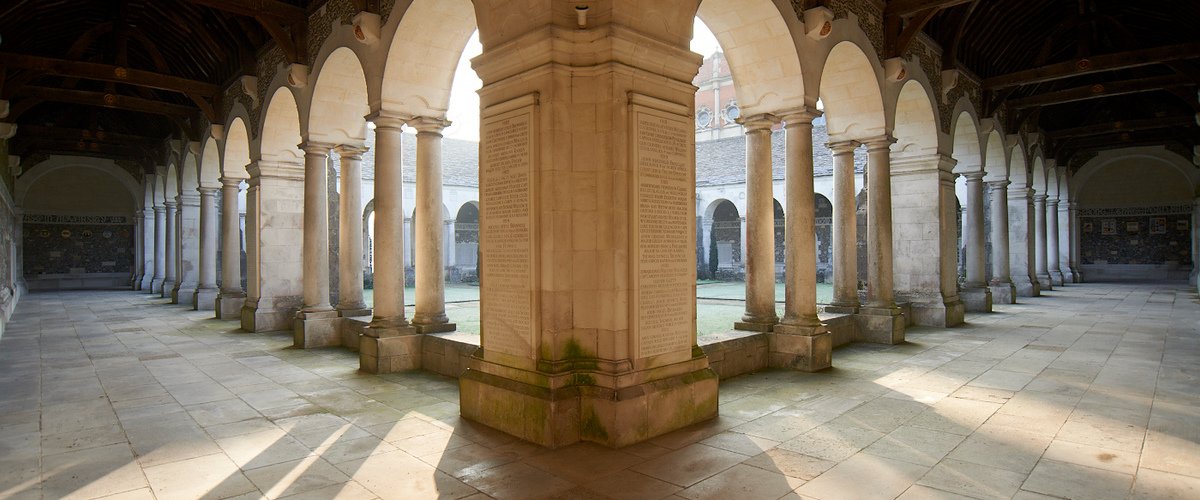

Thought for the day: Invictus
The poem Invictus by William Ernest Henley (1849-1903) has inspired many in times of trial since it was written in 1875. Written by a man who had to endure much as a child, it is about the spirit which underpins endurance.
INVICTUS
Out of the night that covers me,
Black as the pit from pole to pole,
I thank whatever gods may be
For my unconquerable soul.
In the fell clutch of circumstance
I have not winced nor cried aloud.
Under the bludgeonings of chance
My head is bloody, but unbowed.
Beyond this place of wrath and tears
Looms but the Horror of the shade,
And yet the menace of the years
Finds and shall find me unafraid.
It matters not how strait the gate,
How charged with punishments the scroll,
I am the master of my fate,
I am the captain of my soul.
_______________
In his day Henley was a major figure, a poet, playwright, critic and publisher. He suffered as a child from tuberculosis of the bone, and had to have one leg amputated. Physically courageous, he had to draw on extraordinary endurance, and the mindset which gave him that strength is what he sets out in this poem, and what has inspired so many in adversity since.
As an adult Henley seems to have cut an imposing figure, with a mass of red hair, a red beard, a huge head and shoulders and a barrel chest, stumping around on his wooden leg. Given his unusual physique, combined with his amputation, Henley today would most likely be a Paralympic athlete, perhaps a wheelchair basketball player. It is appropriate that Prince Harry chose to name the adaptive games he founded in 2014, for injured servicemen and women, the 'Invictus Games'.
In recent years the poem has come to the fore particularly thanks to the 2009 movie of the same title, directed by Clint Eastwood, and starring Morgan Freeman as Nelson Mandela. The poem was a source of strength to Mandela during his 27 years imprisoned on Robben Island by the apartheid regime in South Africa.

 Head back to stories
Head back to stories